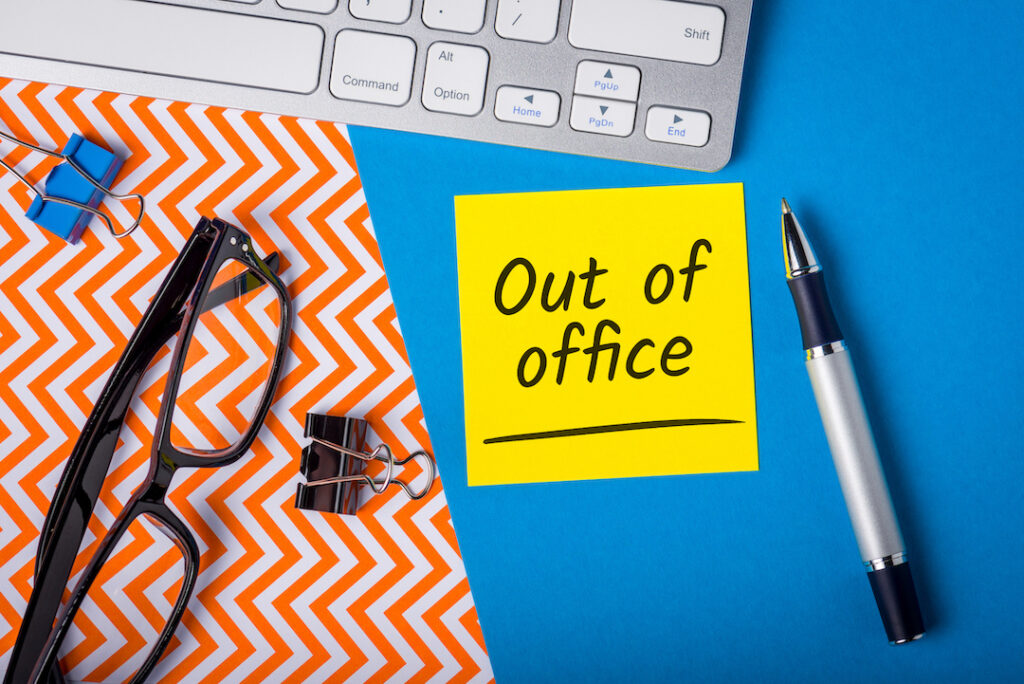It’s Chicken Soup Season: Will a Doctor’s Note Save My Job?

The last couple of years have seen an increased focus on sick time at work mainly due to the COVID pandemic. But it’s also regular old cold and flu season, and we are often asked whether an employee can lose their job for being out sick and whether providing a doctor’s note will protect their job. As always, the answer is “it depends” because not all illnesses are protected.
New York does have a relatively new law requiring employers to provide some protected sick days. But, in general, if you need to be out for a significant period of time – or if you have exceeded those days – a doctor’s note is not necessarily going to protect you. The law protects the jobs of private employees in New York who are absent for medical reasons typically in two ways: (1) under the FMLA (Family and Medical Leave Act); and (2) under the disability discrimination laws like the Americans with Disabilities Act (ADA) and the New York State Human Rights Law (NYHRL). (This isn’t an exhaustive list and employees may be further protected under union contracts or laws applicable to public employees, among other things).
Not all illnesses, however, will be covered. The FMLA applies only to employees of larger (50+ employees) or public employers, who suffer from serious health conditions. A serious health condition is usually not something like the flu, a cold or a stomach virus. It is typically an issue requiring surgery or hospitalization or a medical condition that requires a period of follow-up treatment or that is chronic. The disability discrimination laws also may not apply to minor illnesses suffered by most individuals. Instead, the ADA requires that a disability substantially limit a major life activity or bodily function. The NYHRL is more broad than the ADA and, it is possible, given the particular facts of a case, that a disability not covered by the ADA is covered by the NYHRL. This will come down to the particular facts of an employee’s situation.
The take-away is that providing a doctor’s note is not necessarily going to protect your job. It may not hurt and could show your employer some proof that you are not abusing your time, but it won’t guarantee that you won’t be fired for excessive absenteeism. We encourage employees who do have a serious health condition to speak to their doctors or Human Resources about the availability of FMLA time. When it comes to disabilities, the law also typically wants the employee to actually ask for a reasonable accommodation, so making a formal request is another way to achieve some job protection or at least trigger the employer’s obligations to engage in an interactive process under the ADA and NYHRL to attempt to accommodate a disability.
In the same vein, we speak to many employees in the course of our practice, and often they are protective of their medical conditions and do not want to share personal, private and sometimes embarrassing information with their employers. However, if an employer is completely in the dark, you may have a hard time going back and proving some sort of discrimination or interference with your rights if you are fired. So, if an employee needs time off for a disability or serious health condition, we encourage them to consult their employee handbook and consider following the process for formally requesting leave. There is no guarantee that you will not be retaliated or discriminated against, but at the very least you will have some proof that you were not abusing your time or being excessively absent without a potentially protected reason. Ideally, your employer will do the right thing and notify you of your rights and work with you to accommodate your situation.
All employment situations are different and depend on the particular facts and circumstances. This article should not be relied on as legal advice in taking action in your specific situation, and you should speak to an attorney, Human Resources and/or consult your employee handbook for guidance on how to proceed.

ABOUT THE AUTHOR
Giovanna A. D’Orazio has experience litigating, among other things, commercial, general civil, employment, land use and personal injury matters in New York State and federal courts. Giovanna also has experience litigating Article 78 proceedings in New York State court.